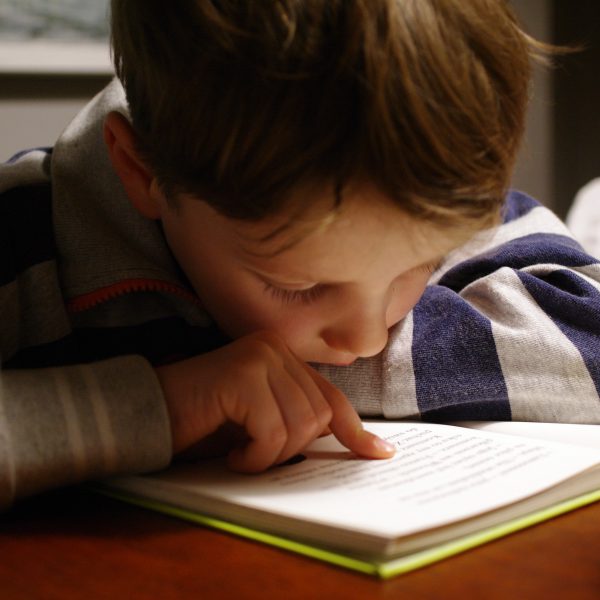New research sheds light on when babies develop self awareness

Babies as young as four months old can make sense of how their bodies interact with the space around them, according to new research from the University of Birmingham.
The findings shed new light on how self-awareness develops, and were discovered during an experiment which involved showing babies a ball on a screen moving towards or away from them.
When the ball was closest to them on the screen, the babies were presented with a ‘touch’ (a small vibration) on their hands, whilst their brain activity was being measured.
The researchers found that from just four months old, babies show enhanced somatosensory (tactile) brain activity when a touch is preceded by an object moving towards them.
“Our findings indicate that even in the first few months of life, before babies have even learned to reach for objects, the multisensory brain is wired up to make links between what babies see and what they feel,” said study lead Dr Giulia Orioli from the University of Birmingham.
This means they can sense the space around them and understand how their bodies interact with that space. This is sometimes referred to as peripersonal space.
“Of course, humans do this all the time as adults, using our combined senses to perceive where we are in space and making predictions about when we will touch an object or not. But now that we know that babies in the early stages of their development begin to show signs of this, it opens up questions about how much of these abilities are learnt, or innate.”
The researchers also explored how an unexpected ‘touch’ would affect some of the older babies in the study.
They found that in babies aged eight months old when the touch on their hand was preceded by the ball on the screen moving away from them, the babies’ brain activity showed signs that they were surprised.
“Seeing the older babies show surprise responses suggests that they had not expected the touch due to the visual direction the object was moving in,” added Andrew Bremner, Professor of Developmental Psychology.
“This indicates that as babies proceed through their first year of life, their brains construct a more sophisticated awareness of how their body exists in the space around them.”
As part of their follow up the researchers hope to replicate study with younger and older participants, noting that research with adults can illuminate the kinds of brain activity which infants are developing towards.
They are also hoping to be able to see if there are early signs of these “multisensory” abilities in newborn babies.
“It is a challenge working with newborns, as they spend such a large portion of their time sleeping and eating, but we are starting to have some success working with this age group, and it is going to be fascinating to see if babies only a few days old have the foundations of a sense of their bodies in space. If so, it could be that we are looking at the origins of human consciousness,” Dr Orioli said in closing.
Popular

Practice
Provider
Quality
Research
Workforce
New activity booklet supports everyday conversations to keep children safe
2025-07-10 09:00:16
by Fiona Alston

Quality
Practice
Provider
Research
Workforce
Honouring the quiet magic of early childhood
2025-07-11 09:15:00
by Fiona Alston

Quality
Practice
Provider
Workforce
Reclaiming Joy: Why connection, curiosity and care still matter in early childhood education
2025-07-09 10:00:07
by Fiona Alston












